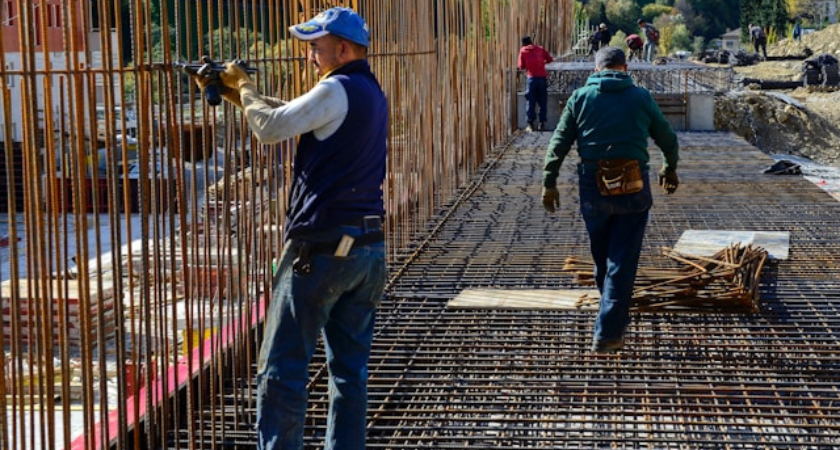
A major shift is coming to California’s construction industry. Beginning January 1, 2026, most private construction contracts executed in the state will be subject to a strict five percent cap on retention, significantly reducing how much money can be withheld from progress payments.

The new rule stems from California Senate Bill 61 (SB 61), signed by Governor Gavin Newsom on July 14, 2025, which adds Section 8811 to the California Civil Code. Under the law, owners may retain no more than five percent from payments owed to direct contractors — and that same limit must be mirrored down the chain to subcontractors and lower-tier subcontractors.
The legislation marks a dramatic change. As the article notes, “Existing California law does not limit the amount of retention that can be withheld on private works of improvement, and 10 percent retainage is common practice.” By contrast, public works in California have generally followed a five percent cap since 2012 under Public Contracts Code section 7201.
With SB 61, private projects will now follow the same standard, bringing California in line with other states adopting retention reform. “For example, both New York and Washington enacted laws in 2023 limiting retention on private construction projects to five percent.”
SB 61 limits retention to five percent of each individual payment and also caps total retainage at five percent of the entire contract price. To encourage enforcement, the law provides for reasonable attorneys’ fees to the prevailing party in any action brought under its provisions — meaning violators could face real financial consequences.
.jpg)
There are two main exceptions to the five percent cap:
The cap does not apply “if (i) at or before the time the bid is requested the contractor provides written notice… that performance and payment bonds are required, and (ii) the subcontractor subsequently fails to furnish” those bonds from an approved surety.
The cap does not apply to purely residential buildings four stories or under. However, “If the project is mixed-use, exceeds four stories, or both, the five percent cap still applies.”
Owners, developers, and contractors should update their contract templates immediately to meet compliance before 2026. As the article warns, “Inaction could prove costly—SB 61 expressly provides that a court must award reasonable attorney’s fees to the prevailing party in any action to enforce its provisions.”
Adapting early will minimize disputes and ensure projects aren’t delayed by legal challenges or payment claims.
Originally reported by JDSUPRA.